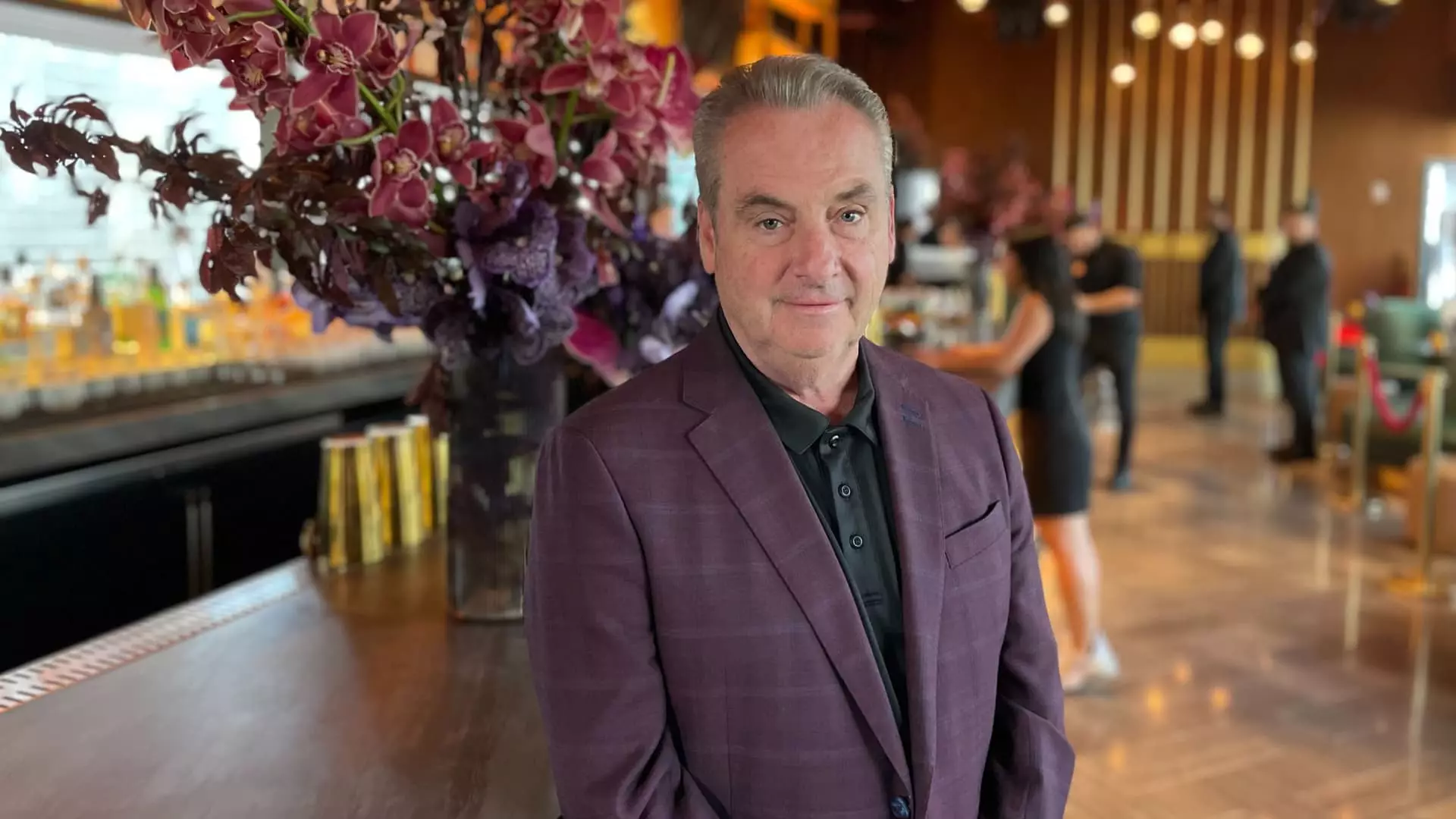The sporting landscape in Florida has long been a subject of keen interest, particularly following the tumultuous battles over sports betting legislation. With Hard Rock International currently monopolizing the state’s sports betting market due to a hard-won exclusive tribal compact, the dynamics may be shifting. The tribal compact emerged victoriously after extensive competition, notably against major players such as FanDuel, DraftKings, and Penn Entertainment, all of whom aimed to secure a share of Florida’s lucrative class of sports bettors. The battle for legalization has seen fierce efforts across various fronts, but to date, Hard Rock remains the singular operator holding the reins.
In light of recent statements from Jim Allen, the Chairman of Hard Rock International and CEO of Seminole Gaming, the atmosphere around sports betting in Florida appears to be opening up. During a recent interview at the Global Gaming Expo, Allen expressed a willingness to explore partnerships with major sports betting brands. He emphasized the importance of fostering strategic relationships with household names like FanDuel and DraftKings, recognizing their potential value as both allies and competitors in the long run. Completely transforming the dynamic of the market, such partnerships could not only enhance the customer experience but also capitalize on the sizable pool of potential bettors in a state that surpasses New York in population and boasts a rich sports culture.
Florida’s appeal as a prime market for sports betting extends beyond demographics; it is framed by the presence of over 20 professional teams and numerous Division 1 colleges, making it a fertile ground for betting activity. According to insights from the American Gaming Association, the state’s potential revenue could significantly impact the broader economic landscape. Indeed, while New York currently leads in sports betting revenue, Florida’s population size and avid sports culture imply that the state could rapidly catch up if the betting landscape opens to more competition.
As Jim Allen navigates this complex landscape, the notion of collaboration introduces both a myriad of possibilities and potential challenges. While partnerships could leverage the brand recognition and technological prowess of established sportsbooks, they could also entail negotiations surrounding profit sharing, regulatory compliance, and the preservation of tribal sovereignty in gambling. Furthermore, with competing aspiring operators like FanDuel eyeing a comeback, the bet for a restructured market dynamic hinges on the willingness of all parties to engage in productive discussions rather than declaring outright competition.
For now, the potential for partnerships is more a discussion point than a definitive plan, as operators like FanDuel and DraftKings have remained tight-lipped regarding their intentions to engage with Hard Rock. Despite the silence, the signals emitted from Hard Rock’s leadership suggest a readiness for change, one that could accelerate the evolution of sports betting in the Sunshine State. As the market continues to develop, the forthcoming months might yield crucial movements that redefine Florida’s sports betting story and landscape, potentially setting a precedent for how tribal and commercial entities can collaborate in lucrative states nationwide.

